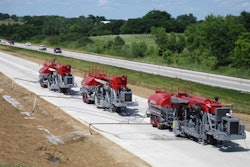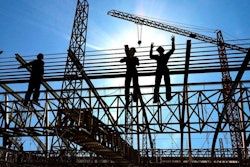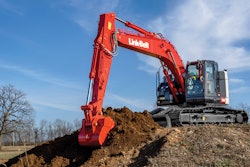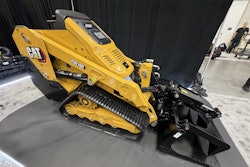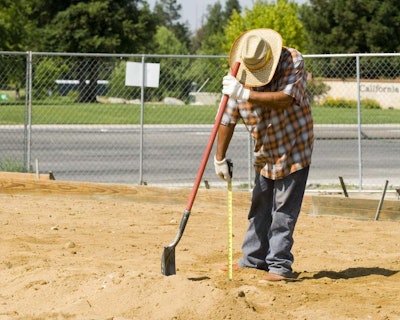
Marek, the CEO of Houston-based Marek Construction, recently penned a fantastic blog post discussing the necessity of immigration reform to the construction industry’s future.
With more than 30 million men and women having immigrated to the U.S. between 1986 and 2006, Marek cites a study from the University of Texas that says at least 50 percent of all construction workers in the U.S. are undocumented.
“As someone who has spent his entire career in construction, I assure you that number is low,” Marek writes.
He goes on to detail the old I-9 Employment Verification Form that, until the state of Texas changed the law a few years back, could be satisfied with a driver’s license. “Everyone in our industry who followed the letter of the law never anticipated that these workers might not be authorized,” Marek says.
But in 2008, the Department of Homeland Security began offering E-Verification as a way for these companies to check documented status. Pretty soon, federal agents were going door to door checking the Social Security numbers of each employee and when undocumented employees were found, the government gave the employee a certain number of days to obtain the proper documentation or be fired.
However, these undocumented workers were not deported. And that, Marek explains, has allowed many companies in the construction industry to take advantage of them.
“Since they were kicked out of their jobs but not the country, those workers found their way into what’s called the “cash economy”, working as subcontractors and avoiding payroll taxes, overtime pay, safety training, and accident insurance,” he writes. “The new norm in our industry is to avoid the risk of I-9 audits and limit hourly payrolls that require documentation by hiring a subcontractor or labor broker who supposedly pays the men and follows the laws. This does not happen in the majority of cases, but it’s rarely caught because auditors investigate payrolls instead of payables, which is where the brokers hide their crews.”
Pushing responsibility “down the line” in this way “discourages young men and women who could be learning a trade in lieu of college from even considering construction as an option,” Marek writes. “It also discourages construction companies from investing in recruiting, training, and the development of career paths for future workers.”
Moving forward, Marek says he wants to see legislation that identifies undocumented workers and requires their employers to pay taxes. You can read his full post by clicking here.


